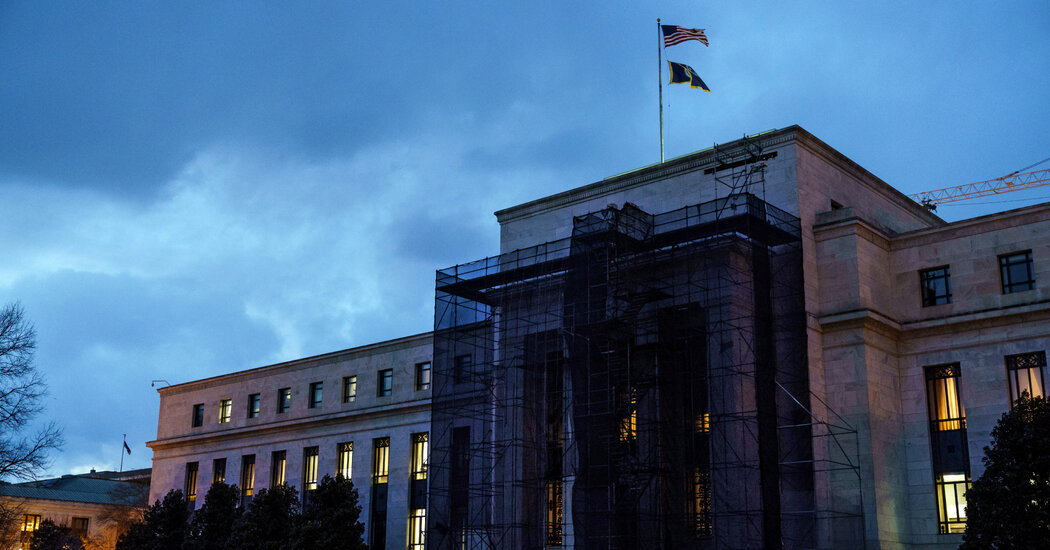

The National Capital Planning Commission has become pivotal in the administration’s campaign to discredit Jerome H. Powell, the chairman of the Federal Reserve.
The emails from Trent Morse, the deputy director of the White House’s personnel office, arrived in the inboxes of three Biden-appointed commissioners at the National Capital Planning Commission on July 9. They were terse and came without warning.
“On behalf of President Donald J. Trump, I am writing to inform you that your position as commissioner of the National Capital Planning Commission is terminated, effective immediately,” Mr. Morse wrote. “Thank you for your service.”
The little-known board, which has the relatively mundane task of reviewing the impact of development projects on the capital’s urban landscape, was barely on President Trump’s radar during his first term. But the panel, which does not oversee projects or consider their cost, has since become pivotal in the administration’s campaign to discredit Jerome H. Powell, the chairman of the Federal Reserve, whose departure the president is trying to accelerate.
Mr. Trump has become increasingly angry with Mr. Powell for being too slow to cut interest rates, and his advisers have been weighing whether to try firing him, a legally precarious escalation. In recent weeks, White House officials have focused their attention on the cost of renovating the central bank’s headquarters in Washington, suggesting that Mr. Powell’s handling of the $2.5 billion makeover could be grounds for sacking him before his term ends next year.
The controversy over the cost of the renovations has thrust the National Capital Planning Commission, a 12-person panel that was created by Congress in 1924, into a rare political spotlight. The White House’s sudden interest in the commission has turned it into a cudgel that could potentially alter the makeup of the Fed at an important moment for the U.S. economy, which is facing a new bout of inflation from Mr. Trump’s tariffs. The president has made clear he wants to install a chair who will cut rates despite concerns that import taxes could lead to higher prices, a position that could result in even more inflation if low borrowing costs overheat the economy.
Mr. Morse’s letters were sent to Teri Hawks Goodmann, Bryan C. Green and Elizabeth M. Hewlett. The former commissioners, who have backgrounds in urban planning and architecture and serve on the commission on a part-time basis, were appointed to six-year terms under the Biden administration.



